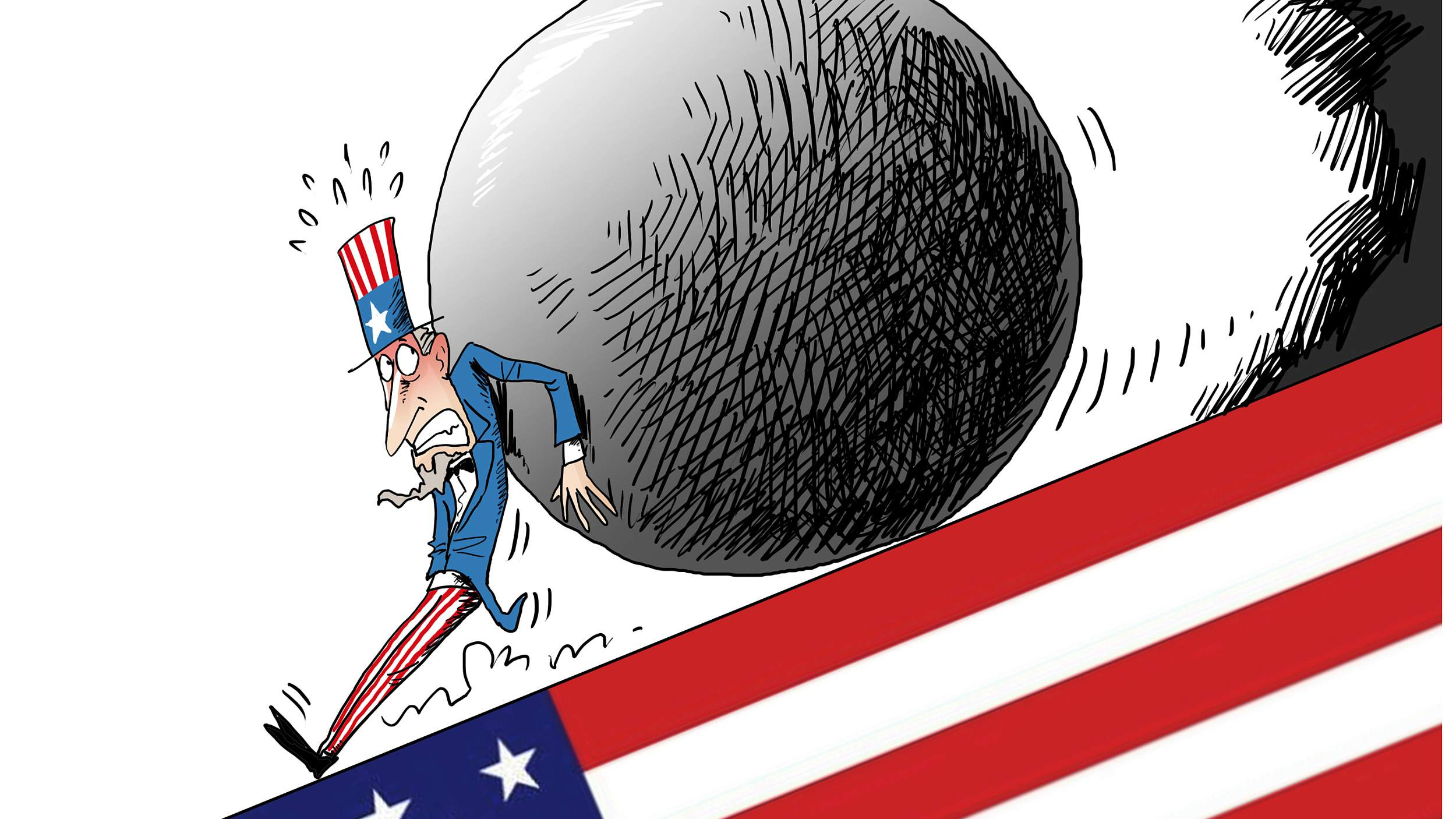
American consumers and businesses paid an additional 42 billion U.S. dollars from February 2018 through October 2019 as a result of Washington-initiated trade disputes, a U.S. anti-tariff campaign group said Monday.
In October alone, Americans paid a total of 7.2 billion U.S. dollars in tariffs, 1 billion U.S. dollars higher than in October last year, according to the Tariffs Hurt the Heartland campaign, which is supported by more than 150 business and agricultural trade associations.
This significant increase in tariffs paid by Americans "is primarily driven" by tariffs implemented by the current administration, which "account for over 4 billion dollars of the total in October," the group said in a statement.
"According to an analysis of data from the president's own Department of Commerce, American businesses, farmers and consumers – and not China – have paid 42 billion U.S. dollars in additional taxes because of these tariffs," Jonathan Gold, spokesperson of Americans for Free Trade, a U.S. coalition against tariffs, is quoted as saying in the statement.
"This trade war has lasted long enough and (has) done enough damage. It's time the administration (finalized) a deal with China to end the trade war and remove all tariffs," Gold said.
The data also showed the "devastating impact" of China's retaliatory tariffs on U.S. exports, the campaign said, noting that the October data showed that exports to China subject to retaliatory tariffs were down 25 percent from pre-trade-war levels.
Craig Allen, president of the U.S.-China Business Council, recently told reporters that American businesses do not support the use of tariffs as a trade negotiation tactic, and "we believe that tariffs are not a useful way to resolve the problems that we have."
Allen, whose organization represents more than 200 U.S. companies that do business with China, said he hoped the United States and China would soon reach a "meaningful" phase-one agreement that will "address some of the structural issues" and "remove as many tariffs as possible."
Source(s): Xinhua News Agency